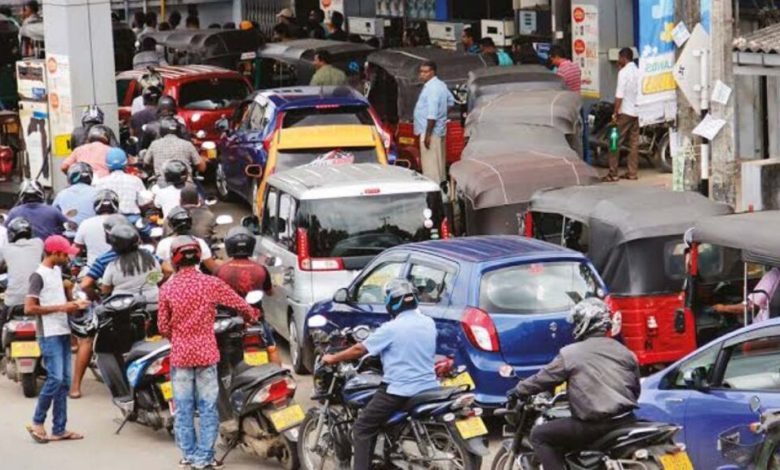
The Nigerian Midstream and Downstream Petroleum Regulatory Authority (NMDPRA), has disclosed that the average daily consumption of fuel in Nigeria has fallen by about 28 percent since President Bola Ahmed Tinubu announced the scrapping of fuel subsidies.
According to new figures released to journalists by NMDPRA, the average daily petrol consumption fell to 48.43 million liters (13 million gallons) in June, as against the previous average of 66.9 million.
The fuel regulatory body added that since the scrapping of the subsidy, neighboring countries like Cameroon, Benin, and Togo, which relied on petrol smuggled out of Nigeria, have experienced a fall in their black market.
Politics Nigeria recalls that President Tinubu announced the removal of fuel subsidies, which had kept petrol prices low for decades, during his inaugural speech on May 29, 2023.
The President admitted the decision to remove fuel subsidies would impose an extra weight on the masses, but appealed to the good people of the country to bear the brunt of the decision as it will “save our country from going under.”
The removal of the fuel subsidy, which tripled the price of petrol, has affected virtually every part of the economy, leading to an increase in the prices of goods and services across the country.
According to the World Bank in June, despite having spent $2.41 billion on the subsidy in the first five months, Nigeria could save up to $5.10 billion this year from the removal of fuel subsidies and foreign exchange reforms.
The Nigerian government spent no less than $10 billion (£7.8 billion) on subsidy in 2022.
